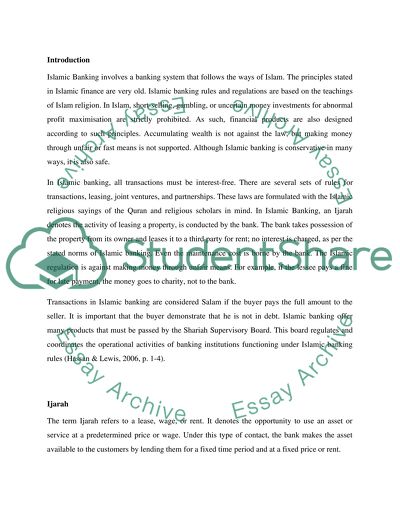Cite this document
(“Islamic Banking as a banking system that follows the ways of Islam Essay”, n.d.)
Retrieved from https://studentshare.org/finance-accounting/1398867-islamic-accounting
Retrieved from https://studentshare.org/finance-accounting/1398867-islamic-accounting
(Islamic Banking As a Banking System That Follows the Ways of Islam Essay)
https://studentshare.org/finance-accounting/1398867-islamic-accounting.
https://studentshare.org/finance-accounting/1398867-islamic-accounting.
“Islamic Banking As a Banking System That Follows the Ways of Islam Essay”, n.d. https://studentshare.org/finance-accounting/1398867-islamic-accounting.


